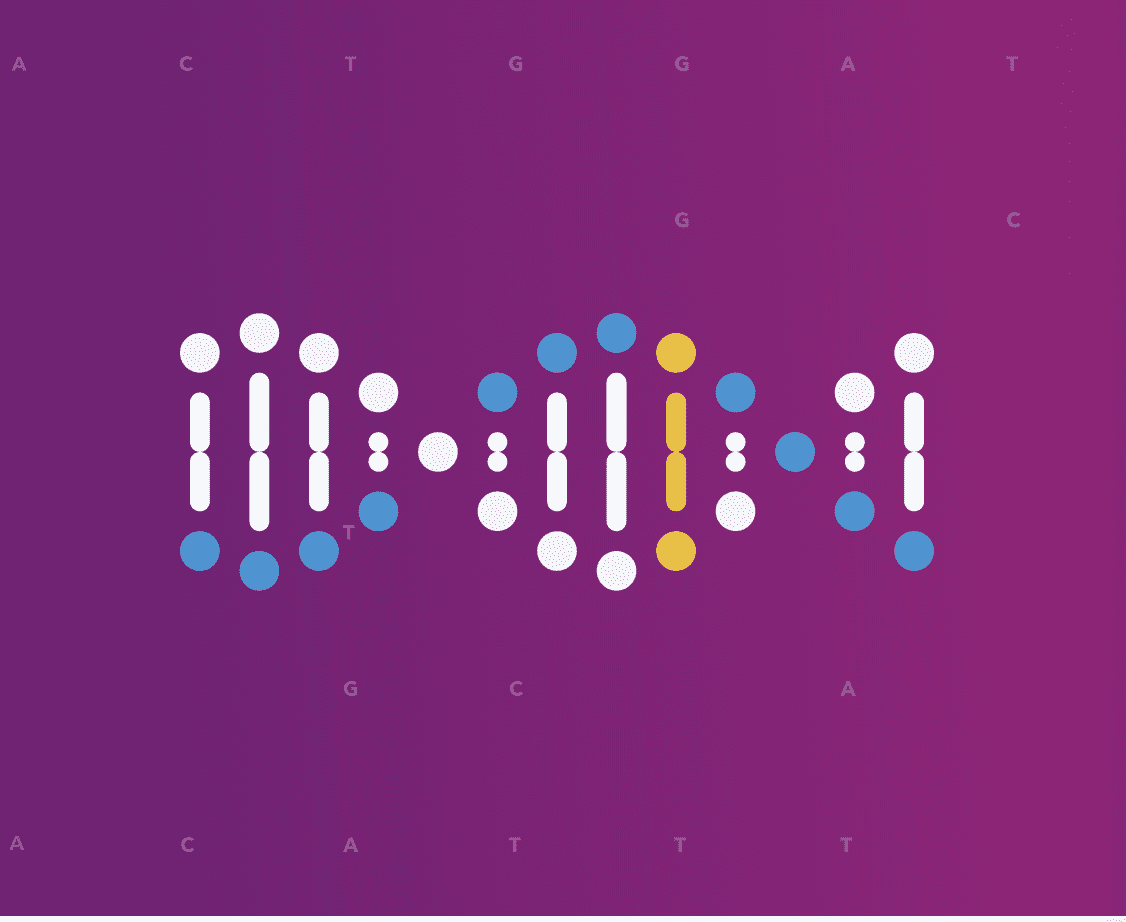23andMe is working on a potential new cancer therapy, an antibody referred to as 23ME-00610 (23ME’610), currently in a Phase 1/2a clinical trial. Results from the Phase 1 portion of the trial were reported recently at the annual American Association for Cancer Research (AACR) meeting in Orlando.
The class of drugs referred to as ‘Immune Checkpoint Inhibitors’ are designed to correct and reverse a tactic that some cancers deploy to allow them to grow and spread in the body. Some tumors are able to survive because they hijack what is referred to as an immune checkpoint, to prevent the immune system from recognizing and attacking cancer cells. Immune Checkpoint Inhibitors restore the function of key immune checkpoints, helping people with cancer to turn their immune cells back on, so the immune cells can recognize and kill the tumor cells.
23ME’610 is designed to do something similar, by binding to a receptor called CD200R1, which was identified as a promising anti-cancer target by 23andMe scientists studying the 23andMe database. CD200R1 is a cell surface receptor protein that is mostly expressed on human immune cells, specifically cancer-fighting T cells and myeloid cells. Tumor cells can express CD200, the only known binding partner for CD200R1, and use this regulatory protein to turn off the activity of T cells. A drug that blocks the ability of CD200 to bind to CD200R1 may activate T cells and enhance their ability to kill cancer cells.
The Phase 1 portion of the clinical trial evaluated the safety and tolerability of 23ME’610 in patients with advanced or metastatic solid tumors across a range of different doses. This Phase 1 portion also looked at whether 23ME-00610 bound to the intended target, CD200R1, on immune cells in the blood.
“We are pleased with the Phase 1 data,” said Jennifer Low, MD, Ph.D., Head of Therapeutics Development at 23andMe. “The Phase 2a portion of the study is now underway, and we look forward to further evaluation.”
In the Phase 1 portion of the study, 23ME’610 demonstrated an acceptable safety profile as well as other criteria including how it is metabolized and eliminated by the body. No dose limiting toxicities or serious side effects related to 23ME’610 were observed. The most commonly observed side effects were headache, fatigue, nausea and itching. More immune-related side effects, including hypothyroidism, rashes, fatigue, and chills were observed at higher doses of 23ME’610. The overall findings from Phase 1 support the progression of 23ME’610 to the next phase of clinical development.
In the Phase 2a portion of the trial, researchers are evaluating whether 23ME’610 can reduce tumor size and stop disease progression in patients with different cancer types, using a dose of 1400 mg, given intravenously every three weeks.
You can find additional details about our key results from the study presented at the AACR meeting here.
Learn more about 23andMe’s Therapeutics along with the work on 23ME’610 here.

